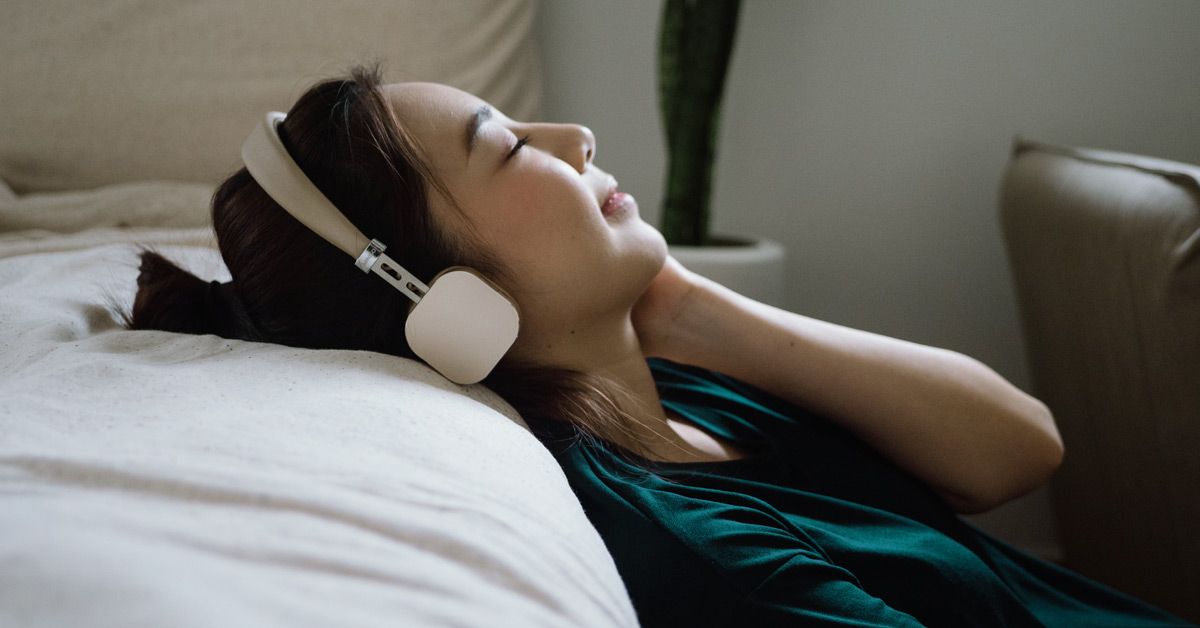As she lay in bed, Emily closed her eyes and let the soothing sound of whispering voices and gentle tapping wash over her. It was a technique she had discovered online, known as Autonomous Sensory Meridian Response, or ASMR. For Emily, it was a game-changer, helping her to relax and fall asleep after years of struggling with insomnia. But does ASMR really work, and what does the research say about its benefits for sleep?
ASMR and Sleep
The relationship between ASMR and sleep is complex, and researchers are still working to understand its effects. According to Dr. Sophia Patel, a leading expert in the field, “ASMR can be a powerful tool for reducing stress and anxiety, which are major contributors to sleep disorders.” A study published in the Journal of Sleep Research found that 80% of participants reported improved sleep quality after listening to ASMR recordings.
How ASMR Works
So, how does ASMR actually work? The answer lies in the way it affects the brain. ASMR triggers a response in the brain’s default mode network, which is responsible for relaxation and reduced cortical activity. This can lead to a range of benefits, including:
- Reduced stress and anxiety
- Lower blood pressure
- Improved mood
- Increased feelings of relaxation and calmness
As Dr. Henry Lee, a neuroscientist at the University of California, explains, “ASMR is like a warm bath for the brain. It can help to quiet the mind and promote a sense of deep relaxation.”
Benefits for Sleep
The benefits of ASMR for sleep are numerous. By reducing stress and anxiety, ASMR can help individuals fall asleep faster and sleep more soundly. Additionally, ASMR can help to improve sleep quality by increasing the amount of deep sleep and reducing sleep fragmentation. According to a study published in the journal Sleep Medicine, ASMR increased deep sleep by an average of 25% in participants.
Tips for Using ASMR for Sleep
While ASMR may not work for everyone, there are some tips that can increase its effectiveness. Dr. Rachel Kim, a sleep specialist, recommends starting with short sessions and gradually increasing the duration as you become more comfortable with the technique. She also suggests experimenting with different types of ASMR triggers, such as whispering, tapping, or crinkling sounds, to find what works best for you. Additionally, creating a relaxing sleep environment, such as keeping the room cool and dark, can help to enhance the effects of ASMR.
As Emily drifted off to sleep, she felt grateful for the discovery of ASMR. It had been a long and difficult journey, but with the help of this simple yet powerful technique, she was finally able to get the restful sleep she needed. And she was not alone – millions of people around the world were turning to ASMR as a natural and effective way to improve their sleep and overall well-being. With its growing popularity and mounting scientific evidence, ASMR is sure to remain a topic of interest for researchers and sleep-deprived individuals alike, offering a promising solution to the age-old problem of getting a good night’s sleep.

